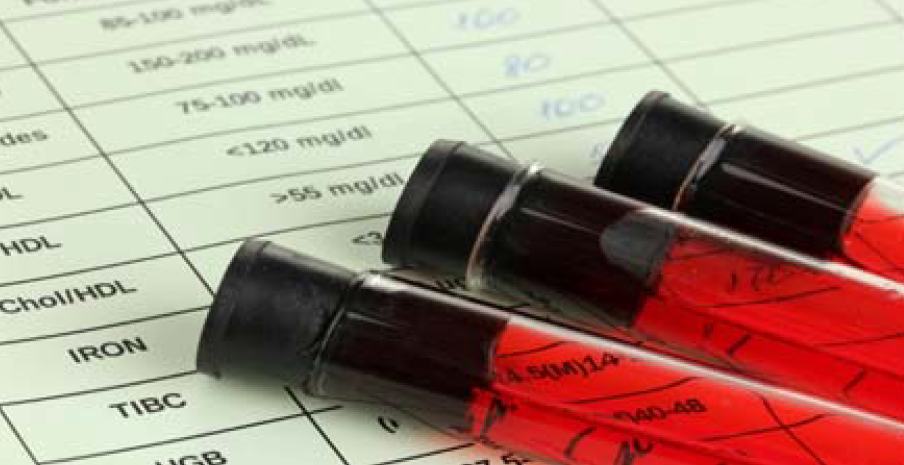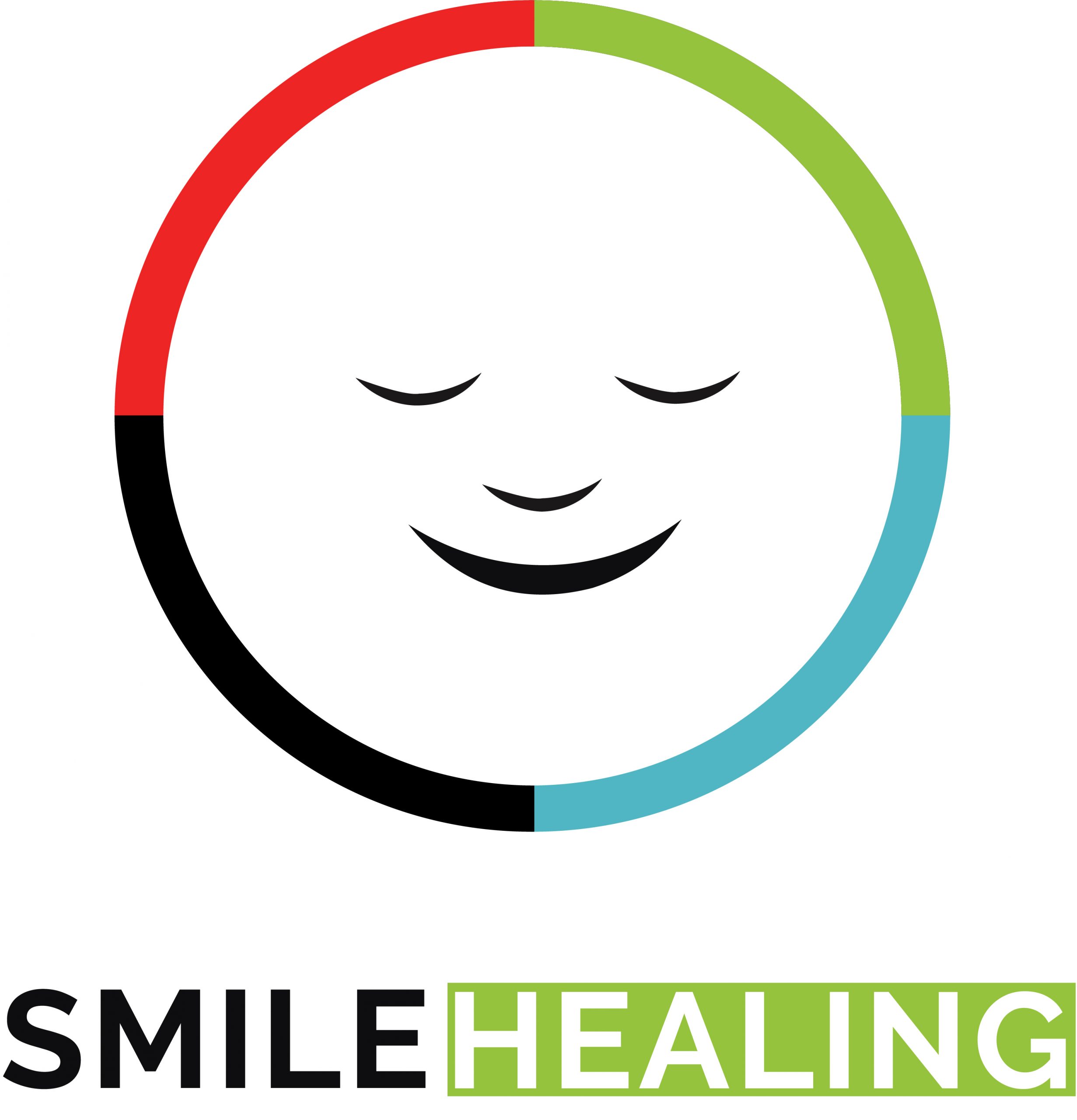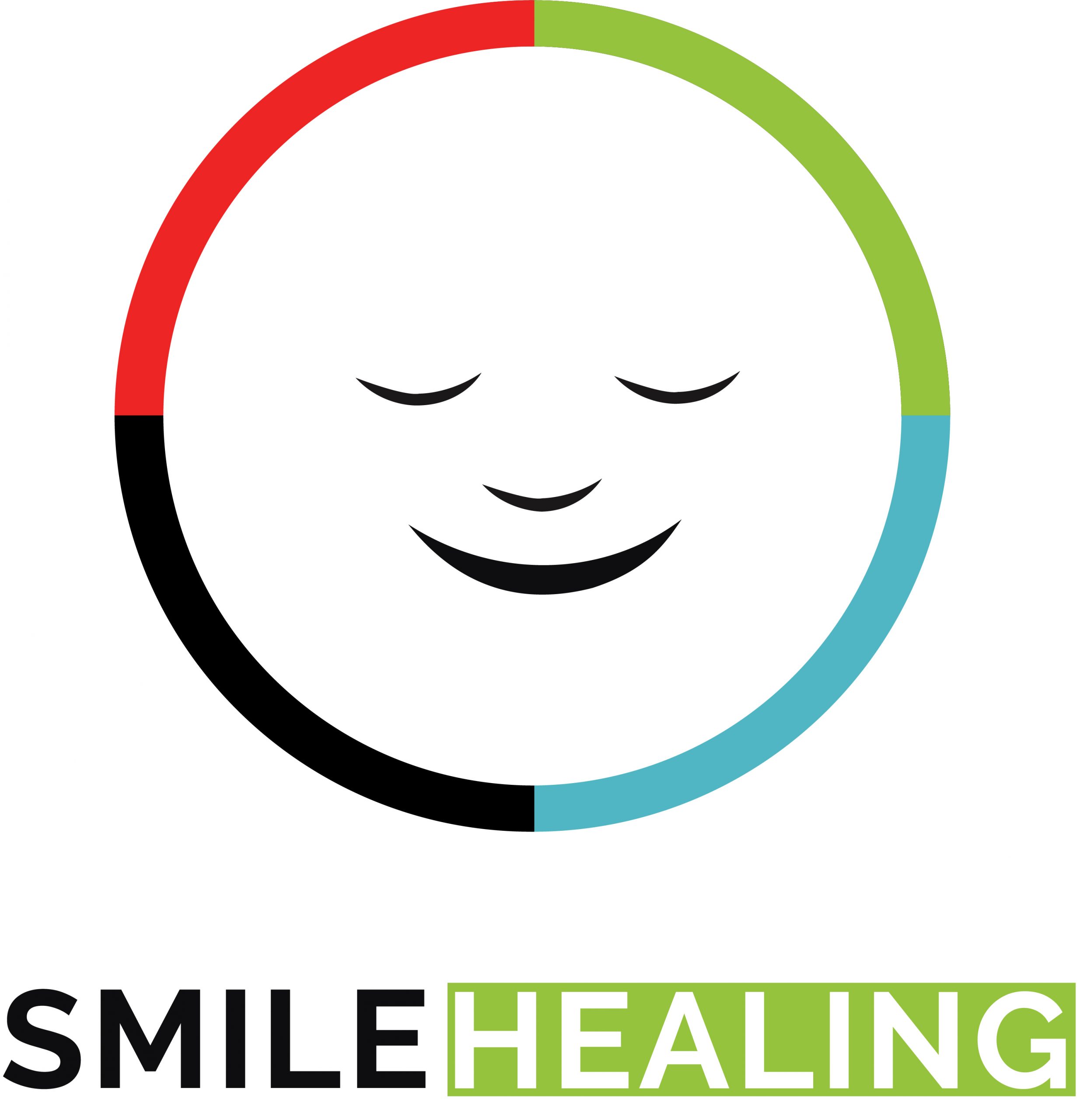Functional Blood Report Analysis

About Functional
Blood Report Analysis
Become the hero of your patient.
What distinguishes one doctor from another in a patient’s mind? Simple: It’s the capacity to identify their difficulties and offer solutions.
You’re wasting your patient’s time and money if you’re not doing blood tests and interpreting them from a functional medicine perspective.
If you know how to interpret blood reports correctly, it is the most accurate, cost-effective, comprehensive, and scientifically confirmed laboratory test available.
The solution to finding the fundamental cause of any ailment is functional blood report analysis.
Unlike traditional blood analysis, which employs broad reference ranges to diagnose an illness, ‘functional’ ranges are used to assess disease risk and discover sub-clinical health issues before they become full-blown diseases.

Overview
This Functinal Blood Report Analysis Course Will Equip You with the Knowledge and Skills You’ll Need to Succeed.
❌No more pondering which test to run with your patients.
❌No more awkwardly recommending another test since you don’t know what else to say when someone’s lab test “looks normal.”
❌There’ll be no more racking your head to figure out what a marker is or why it’s high or low.
Instead, you will..
✅Have the assurance that you’ll know which way to lead them when they enter through your door for the first time.
✅Have evidence-based reference ranges for assessing health, not only sickness, and detecting issues before they occur.
✅Physiologically understand the markers identified in a lab so well that you don’t need to rely on an out-of-date book or a dubious software tool to assume what’s going on.
Knowing this will allow you to:
You’ll be at the forefront of preventative diagnosis.
Assist you in getting more out of the tests you’re already running.
Practicing blood chemical analysis is a good idea.
Show you how to use these tests as a prognostic indicator for malfunction.
Reduce the amount of time you spend studying blood samples for your patients.
Make blood chemistry testing a must-have screening tool for you and increase the profitablity of your practice.
You will learn evidence-based, scientifically supported reference ranges in this course.
- Modern techniques for glucose management
- The most recent data and cholesterol reference ranges, covering why and how increased HDL is harmful
- Research on mitochondrial dysfunction and mitochondrial supplement methods that is illuminating
- What nutrients to give your patients a priority
- How anemia may be reliably assessed, and why being acidic is protective for those who have it
- What the scientific literature shows about antioxidants, oxidative stress, and assessing blood chemistry markers
- To dispel common misconceptions regarding pH and acid-base balance, including how to determine whether a person’s diet is making them excessively acidic based on scientific evidence.
- Recently published studies on iron supplementation and subclinical infections
- How to correctly evaluate your patients’ hydration status
By the end of the course, you will be able to:
- Simplify your therapeutic regimens;
- Interpret blood reports from functional medicine, from an evidence-based perspective.
- Recognize and use the most recent findings in the fields of detoxification, mitochondrial dysfunction, and glucose regulation.
- Determine the patient’s physiological priorities.
- Be confident and clear when making clinical decisions.
Syllabus
In This Course, You Will Learn
Unit 1
Introduction and Blood test
Now that pathophysiology has been taught, we dive into the research and reasoning behind blood tests, including how ranges were created and why we’re teaching them the way we are
Unit 2
Intro To Blood
In this unit, we cover the important characteristics of blood including functions, regulation, hematopoiesis, and main constituents.
Unit 3
CBC with Differential
In this section, we go through the specifics of how red blood cells are produced (erythropoiesis), the markers of a complete blood count (CBC), what they specifically are and measure, and iron metabolism and associated markers.
Unit 4
CBC and Anemia
This unit covers evidence-based reference ranges for a CBC, the physiology of each marker, and how to identify, differentiate, and discern different types of anemias.
Unit 5
Infections
The significance of iron (and possibly iron deficiency anemia) in individuals with chronic infections are covered in this module, as well as the importance of silent or latent infections. A detailed discussion of a CBC’s differentials is provided, along with ideal values supported by strong evidence.
Unit 6
Immune Dysregulation
This unit, which is also known as “autoimmunity,” provides an overview of how the immune system can malfunction and begin attacking self-tissues. It also introduces a novel marker that is a true Th1 marker and explains how to accurately assess a few proteins in blood chemistry, such as albumin and globulins
Unit 7:
Wastes and Enzymes
The physiology, biochemistry, and functions of all the major enzymes and waste products in typical blood chemistry, such as AST, ALT, alkaline phosphatase, GGT, LDH, creatinine, BUN, bilirubin, etc., are examined in this module.
Unit 8
Electrolytes
The physiology, biochemistry, and purpose of the main electrolytes found in blood chemistry—calcium, phosphorus, sodium, potassium, chloride, and bicarbonate—are covered in this section.
Unit 9
Lipids and Glucose
In this unit, we delve into the physiology of lipids present in blood chemistry, such as cholesterol and triglycerides, as well as the physiology of the regulation of glucose and associated hormones and indicators.
Unit 10:
Lipids and Glucose Regulation
Like never before, this program discusses glucose control and associated indicators. It covers physiology, six glucose-related indicators, reference ranges based on data, debunking myths about hypoglycemia and insulin resistance, and much more.
Unit 11
Micronutrients
In this lesson, some of the important micronutrients involved in blood chemistry are discussed. Magnesium, calcium, and phosphorus are specifically covered, along with evidence-based reference ranges for each.
Unit 12
Mitochondria
This lesson covers all pertinent research on mitochondrial dysfunction, its causes, whether or not we can effectively detect it using laboratory testing (hint: we can’t, actually), and new therapeutic approaches for people with mitochondrial problems.
Unit13
Oxidative Stress
It turns out that a lot of the knowledge we have and the material we were taught about free radicals and oxidative stress has to be updated. This lesson not only provides the much-needed scientific literature-based knowledge update, but also discusses the best, most precise, and scientifically sound methods for evaluating oxidative stress using blood chemistry.
Unit 14
Wastes, Cell Damage, and Inflammation
This session discusses several of the indicators of inflammation, including CRP and ESR, and explains why utilizing both simultaneously is preferable to using either separately. Additionally, it discusses wastes (creatinine, bilirubin, and BUN), blood chemistry enzymes (AST, ALT, and GGT), and a section on the fatty liver that you really must see to believe.
Unit 15
Acid-Base Balance
The science underlying the most contentious discussions regarding acidity, alkalinity, and pH balance is covered in this session. There is information on blood chemistry markers including chloride and bicarbonate as well as proven equations for serum pH.
Unit 16
Hydration
This unit assesses the various methods for determining hydration status and determines which is the most reliable. You’ll discover verified osmolarity and viscosity calculations, and you’ll wonder why you’ve never heard of them before.
Extra Information on: –
* Vitamin D, Vitamin C, Magnesium
Eligibility:
- Sujok Therapist
- Holistic Healers
- Primary health care providers such as nurses and other clinical staff
Fees
Rs. 30000.00 ( 450 USD )
* Videos will be available on phone and laptop both.
* PDF of notes will be available on phone only.
Why Learn from Us
Evidence Based Clinical Practice
We help you get better results with your clients to ultimately build the successful, sustainable practice you’ve always imagined. The purpose of our teaching is to equip you to become the most confident, Knowledgeable, capable Sujok Practitioner.
Connecting Sujok with Modern Science
We will help you to understand the relationship of Sujok therapy and modern medicine.
A Lifetime of Trust & support
You’ll learn alongside an extremely supportive, engaged group of fellow practitioners. Connect daily to ask questions or get feedback whenever you need it.
Live, Monthly Mentorship Calls – Hop on with us every month to ask questions, discuss cases, and engage in clinical discussion.

